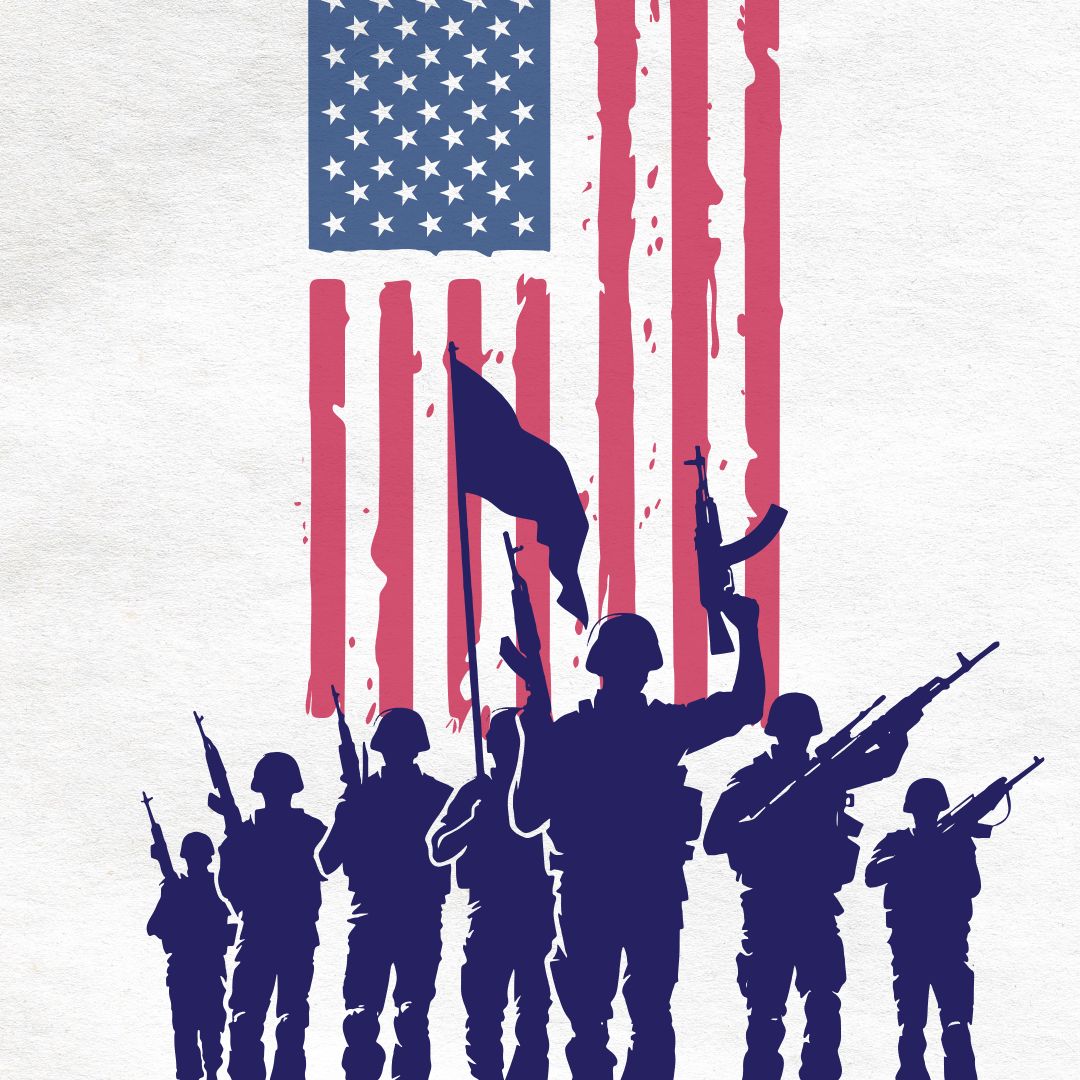
On the morning of August 27, 2025, worshippers gathered for Mass at Annunciation Catholic Church in Minneapolis. Children from the attached school filled the pews with parents and parishioners. Suddenly, gunfire shattered the stained-glass windows. Two children died, and many others were wounded (CBS News).
This confirmed tragedy forces Catholics to confront a painful question: why is sacred space no longer safe?
Another appalling tragedy has erupted on American soil, hearkening back to the nation’s most haunting political assassinations. In our age of fierce ideological division, speculation has turned to grim reality: Charlie Kirk, the lionhearted Christian conservative and founder of Turning Point USA, was gunned down while speaking to students on a university campus.
Both the confirmed school shooting and the assassination dramatize a deeper cultural malady. Philosophers and theologians as different as Friedrich Nietzsche and René Girard help us see what is at stake. Jordan Peterson and James Lindsay, in turn, illuminate how these forces play out today. Taken together, their insights reveal a culture where the will to power and the scapegoat mechanism now dominate public life.

When Power Becomes God: Will to Power, Scapegoating, and the Rising Tide of Political Violence
Nietzsche’s Will to Power in Modern Politics
Friedrich Nietzsche foresaw that when belief in God fades and shared moral order collapses, human beings inevitably elevate something else to ultimate status. He called this drive the will to power: the fundamental impulse not merely to survive, but to create and impose values (Nietzsche 12).
In such a world:
- Politics becomes existential—each side treats the other as an enemy to be conquered rather than a partner to be persuaded.
- Identity is weaponized—race, sex, ideology, and religion become rallying flags.
- Victory replaces truth—“might makes right,” and success is valued above reason or virtue.
Nietzsche warned that, absent a transcendent reference point, societies descend into value-creation by force. What matters is no longer what is true, but who prevails.
Jordan Peterson: The Vacuum of Meaning
Psychologist Jordan B. Peterson observes that people cannot live without transcendent meaning. When religious frameworks collapse, they often substitute political ideology. Resentment festers; opponents become “enemies of humanity,” and violence begins to look like justice (Peterson 214).
Peterson cautions that a society starved of spiritual purpose is vulnerable to ideological possession. When opponents are not merely wrong but evil, words give way to action—even violent action.
James Lindsay: Ideology as the New Sacred
Cultural critic James Lindsay adds that modern movements frequently generate sacred values—principles treated with religious fervor. Once ideology becomes sacred, dissent is heresy and compromise is betrayal (Lindsay 67). Political struggle thus acquires the intensity of a holy war, where the other side’s mere existence is intolerable.
Girard’s Mimetic Rivalry and the Scapegoat
René Girard provides a powerful anthropological lens. Human desire, he argues, is mimetic—we imitate what others want. Mimesis breeds rivalry; rivalry, left unchecked, leads to crisis. In such crises, societies have historically united against a scapegoat, an individual or group blamed for disorder and sacrificed—literally or figuratively—to restore peace (Girard 83).
The Minneapolis school shooter may have chosen Catholic children during the Holy Sacrifice of the Mass precisely because it symbolized an “other” to be punished, i.e., scapegoated. And in the case of an assassination of a figure like Charlie Kirk, we can imagine how this prominent Christian conservative might become a living emblem of perceived oppression, drawing the same destructive focus Girard describes.
How These Forces Interact
The Catholic school shooting and the assassination illustrate four interlocking dynamics:
- Erosion of shared moral order: With the decline of transcendent truth, society lacks a common language of virtue and sin. Politics fills the vacuum with raw power.
- Tribal identity and polarization: Group identity—ideological, LGBTQ+, ethnic, religious—becomes the key measure of legitimacy. Disagreement turns into dehumanization.
- Sacralization of ideology: When political ideals are treated as holy, compromise equals betrayal. Violence begins to feel morally justified.
- Lowering the barrier to violence: As rhetorical battles intensify and scapegoats are chosen, the leap from speech to physical attack shrinks.
These forces help explain why a shooter could attack children at Mass and why it feels plausible that a public conservative like Charlie Kirk could be targeted.
Catholic Wisdom: Christ as the True Scapegoat
Catholic theology directly confronts this cycle of power and scapegoating.
Christ on the Cross is the innocent victim who exposes the futility of sacrificial violence. His resurrection proclaims that reconciliation and forgiveness—not domination—are the ultimate victory (Catechism of the Catholic Church §618).
Catholic social teaching calls believers to:
- Anchor public life in objective moral truth and the dignity of every human person.
- Practice humility and mercy, refusing to demonize opponents.
- Build communities of sacrificial love, where power is exercised as service, not domination.
Conclusion: Witness and Hope
The murder of children at Mass and the assassination of a conservative leader both dramatize what happens when Nietzsche’s will to power and Girard’s scapegoat mechanism go unchecked.
Catholics must respond not with despair but with deeper discipleship—re-evangelizing culture with the Gospel, loving enemies, and bearing witness that true authority flows from Truth and Love.
Only by reclaiming the transcendent moral order that Nietzsche declared obsolete can we resist the deadly cycle of mimetic violence and offer the world the peace of Christ the King.
